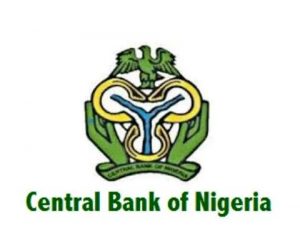CBN places 572 Bank Customers on Watchlists

Central Bank of Nigeria (CBN), said that it placed an e-payment ban on the Biometric Verification Number (BVN), of 572 bank customers for fraud related issues.
Adewuyi Adeyemi, deputy director, Payment System Department, CBN, disclosed this at the 34th CBN seminar for finance correspondents and business editors in Calabar, Cross Rivers State.
Adeyemi explained that the BVN of the 572 customers have been placed on watchlist, which means they have been banned from the e-payment system and can only conduct banking transactions by visiting the bank branch where their account is domiciled.
He also said that the CBN will soon audit the nation’s payment system in order to cope with future growth in electronic banking transactions.
The audit, he added follows the challenges and widespread transaction failure experienced by bank customers due to the spike in the number of e-payment transactions during the naira redesign programme.
He said: “In the last four years we have had a spike in transactions twice. First time was during COVID and January this year, during the currency redesign. Actually there are advantages and disadvantages to that spike in volume.
“During the COVID, we had Payment System Vision, PSV 2020, where we were trying to drive e-payment adoption across many sectors of the economy. COVID actually pushed the bar because our target for e-payment transactions was actually exceeded.
“The same thing happened this year. I can say we were actually not ready for the spike in volume we experienced during the naira redesign. That is one of the reasons why we decided internally that this year we should actually conduct an infrastructure audit based on the principle of Financial Market Infrastructure which is an international standard.
“We have done it before. It was part of the PSV 2020. We did it in 2018. So we know how to do it. We are not doing it as CBN. We are actually hiring a foreign consultant to do it to ensure there is no bias.
“The audit will give us an opportunity to benchmark our maturity level against international standards. That way we will be able to identify gaps in our infrastructure that we need to close if you really want to be there.”
